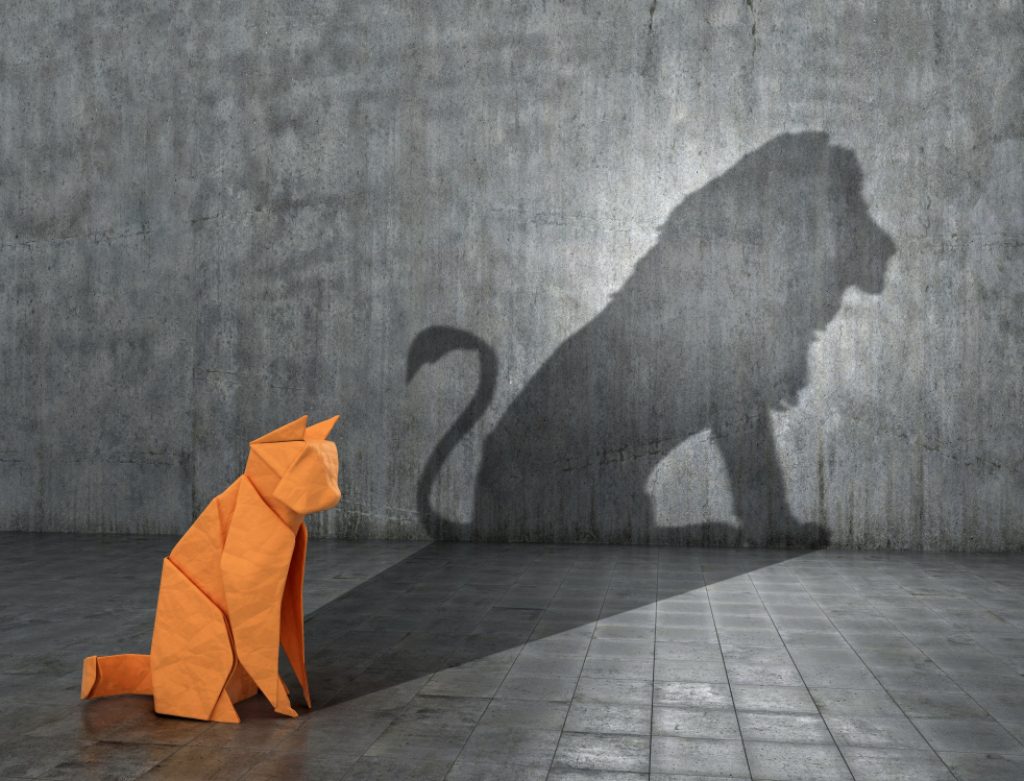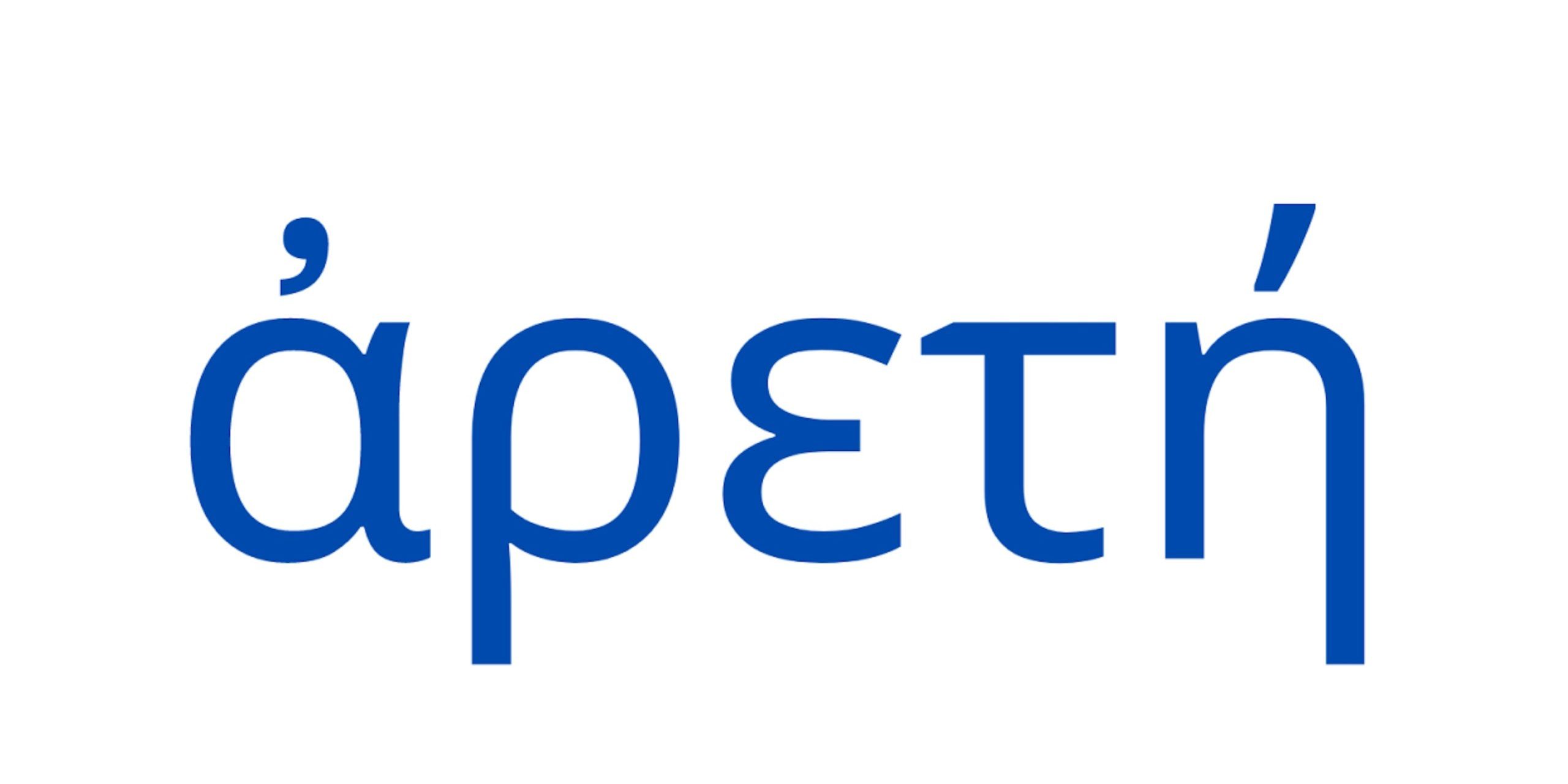You wake up hungover and get up later than you need to. You feel like rubbish. You regret staying up past midnight and worry you said something to someone that was best left unsaid.
You haven’t exercised for a few days and feel sluggish and disappointed in yourself.
You have been putting off an item on your to-do list at work for a few days now. When it arrived in your inbox, it could have been resolved; now, it’s a pressing issue. But you put it off because it is an annoying task, and now you are annoyed at yourself.
You’re running late, so you smash an unhealthy fast food meal instead of preparing something nutritious. It costs more money than preparing it at home, and you put poison in your body, so you have a little anguish building.
With self-annoyance compounding, you snap at the kids and instantly know you have done wrong. You think, “Fuck, what’s wrong with me?”
You’re tired. You waste time doom scrolling on your phone, which deregulates the nervous system.
You’re not paying proper attention to your thoughts and feelings, and your whole week is out of whack. It’s your fault: poor decisions, bad habits, and procrastination. Guilt.
“Why do I feel so uneasy?” Negative thoughts and feelings build up. You are simply not being your best self. You know what you are capable of, but you are perpetually falling way short of your ability. It’s like a plaque building up that won’t wash off.
 My favourite word in another language is aretḗ.
My favourite word in another language is aretḗ.
Aretḗ.
It feels good to say it out loud, aretḗ!
It’s a Greek word. Aretḗ (ἀρετή) is often translated as “virtue” or “excellence.” In ancient Greek culture, aretḗ encompassed fulfilling one’s potential and living up to one’s highest capabilities. It isn’t just moral virtue but an excellence that includes bravery, wisdom, skill, and pursuing one’s unique purpose.
Aretḗ was a central theme in Greek philosophy and ethics, especially in the works of philosophers like Plato and Aristotle. For example, in The Iliad and The Odyssey, heroes like Achilles and Odysseus embody aretḗ by striving for greatness and displaying excellence in skill and character. For Aristotle, aretḗ was a part of achieving eudaimonia (a flourishing or fulfilled life), attained by practising virtues specific to human nature, like wisdom and courage.
I have spent much time wondering where some of my anxieties come from, trying to decipher what makes me feel uncontented. Why have I gone long periods in my life with subpar happiness?
In deep reflection, I have experienced many negative feelings when falling short of being my best self. These feelings are based on habits or mindsets, not being on my game. Until two years ago, self-doubt kept me from pursuing goals or dreams; fear of failure or a lack of confidence kept me from moving forward. Procrastination was another challenge—I put off important tasks, leading to stress and missed opportunities. I also noticed that I often do too much for others, prioritising others’ needs so much that I sometimes neglect my kids, health, or personal growth.
I struggled (and still do) with setting boundaries and saying “yes” too often, leading to burnout. Negative self-talk was another barrier; I realised that when I was too self-critical, my self-esteem suffered, and it became harder to make progress. Resistance to change kept me in my comfort zone, even when growth requires taking risks. When I compared myself to others, I often lost sight of my unique strengths and felt discouraged instead of focusing on my journey.
Inconsistent effort was another area I needed to improve. I was motivated but didn’t always maintain that energy, which kept me from achieving long-term goals. Poor health habits also have had an impact; neglecting sleep, exercise, and unbalanced nutrition affected my energy, mood, and productivity. Booze was my most significant vice, making it impossible to meet my capabilities. My fear of vulnerability kept me from building deep connections because I hesitated to be open and honest about my feelings. A rigid mindset and reluctance to adapt hindered my personal and professional growth. Some of these negative feelings might only be small, but collectively, they impact your well-being.
I am incredibly grateful to recognise that these tendencies kept me from being my best self, and acknowledging them was the first step toward positive change and self-improvement.
“Life really does begin at forty. Up until then, you are just doing research.”
― Carl Jung
It took me many decades to learn that I have an inner compass; I know what I care most about in my life, I have inherent values, I understand what motivates me and what I am passionate about, and I know what the ideal version of myself looks like. If I don’t follow my inner compass and live up to what I am capable of as a father, child, sibling, friend, citizen, business owner and community member, I won’t feel good.
When you’re not feeling like the best version of yourself, many emotions can surface, often blending into a complex mix of negative and reflective feelings. You might feel frustration if you know you’re capable of more but find yourself stuck or unable to meet your expectations. Guilt can arise when you think you’ve let yourself or others down, especially when your actions conflict with your values. This guilt can sometimes deepen into shame if you believe you fall short of societal expectations or the personal image you want to project (although this shouldn’t matter because it’s out of your control). Regret may emerge as you reflect on past actions or missed opportunities, leaving you wishing you’d made better choices.
Anxiety often accompanies these feelings as you worry about not living up to your potential. This can fuel self-doubt, where you question your abilities, decisions, or even your worth. Disappointing yourself for not meeting personal goals or standards can also weigh heavily. Over time, these emotions may give way to sadness and, in more persistent cases, even lead to feelings of depression, as the gap between where you are and where you want to be is a long way apart.
Resentment develops based on perceived failures, and you create a sense of hopelessness for yourself because you know you can be better, but you don’t try to change your habits or character. While challenging, these emotions have been my catalyst for growth. Recognising the gap in all areas where I was short of being better was the first step toward change, helping me regain control and work toward becoming a better version of myself.

Aretḗ!
There is a delicate component in putting attention and energy into being your best self, and I have become fully aware of this. I touched on it in my post, discussing true greatness as an intrinsic quality. It is already within us, waiting to be recognised and developed. And that the pursuit of greatness is its own greatness. However, you want to avoid falling into perfectionism, where no matter how much progress you make, it never feels sufficient. This can lead to anxiety, burnout, and a sense of inadequacy. It is all about the journey and not the destination.
Additionally, the concept of “best” is often shaped by external pressures from society or culture, which can push you to strive for goals that may not truly resonate with who you are. Constantly focusing on self-improvement can also make it difficult to appreciate who you are in the present, fostering a mindset where happiness always seems just out of reach. Moreover, you may feel that achieving your “best self” may be unrealistic or unattainable, leading to unnecessary guilt or self-criticism when those ideals aren’t met. An excessive focus on self-improvement may create an imbalance where other essential aspects of life, such as relationships, might be neglected. Ultimately, finding a balance between striving for growth and accepting yourself as you are vital. Personal development should enhance your life, not become a source of constant stress or dissatisfaction.
I have learnt that closing that gap and living up to my capabilities has diluted many negative emotions. Striving for excellence through the lens I share with Aristotle, isn’t just about being morally upright—it’s about performing human functions at the highest level. This involves the perfection of one’s moral character. A life of arete strives for excellence in every aspect of human experience.
You must stay true to yourself and your values to be your best self. You also need to ensure you’re doing what brings you happiness, purpose, and meaning. A pursuit involves tempering our desires, aversions, and impulses to align better with the four cardinal virtues of courage, justice, temperance and wisdom.
Close the gap = feel better.
Aretḗ!


